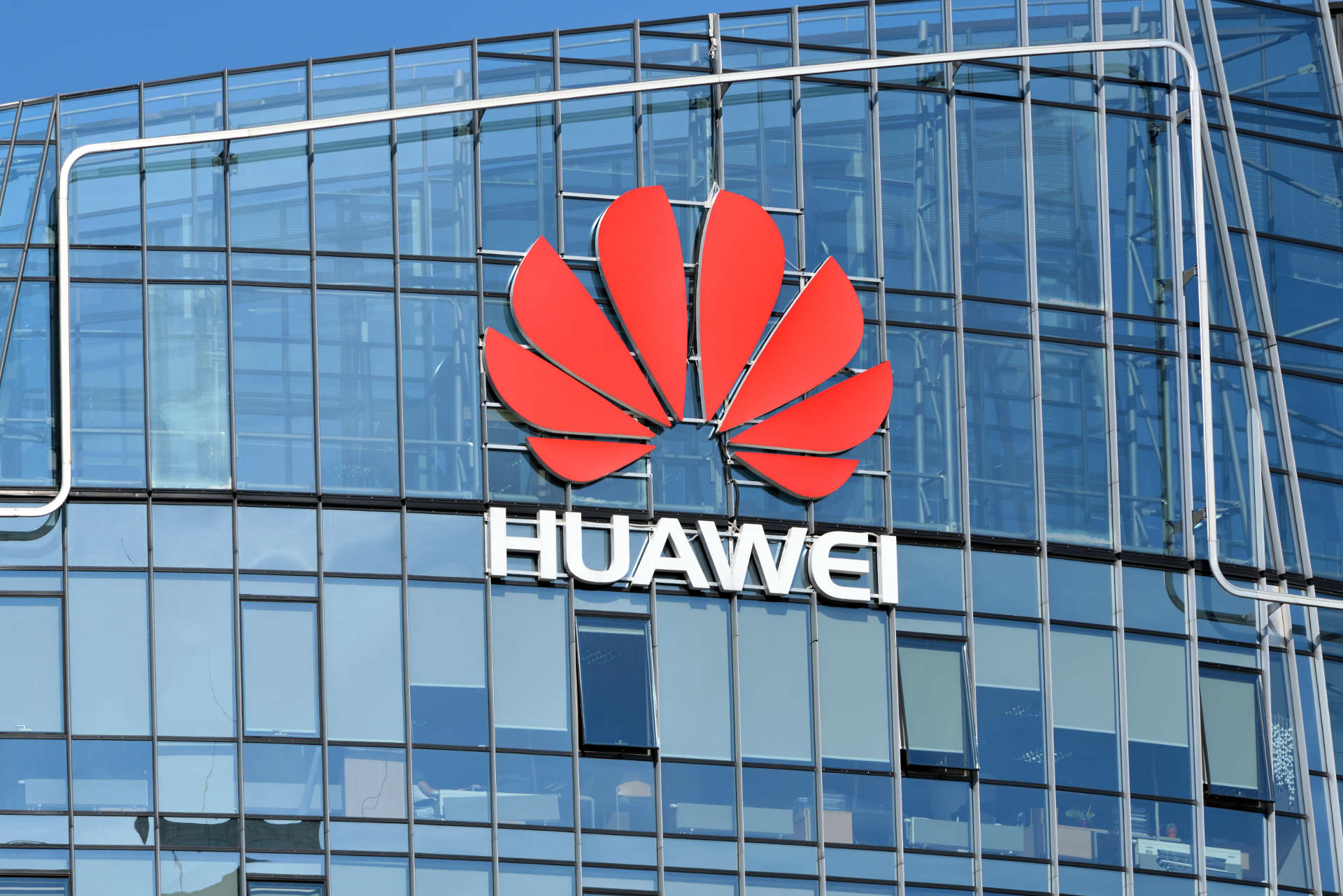
The Huawei spying furore that has seen the US government to claim the company may be spying on behalf of China has been addressed by the company’s rotating chairman, who insists the company is not engaging in any such activity.
Speaking at a press conference at the company’s new campus in Dongguan, China, this week, Huawei rotating chairman Ken Hu stressed that the company was committed to cybersecurity, and had never been instructed to spy on behalf of a government.
“We have been communicating with the governments around the world around the independence of Huawei’s operations. The fact [is] that we have never taken any requests from any governments to damage the business or networks of our customers or other countries,” he said.
“The fact is that over the last thirty years, there’s been no major cybersecurity incident; there’s been no cybersecurity threat; and there’s been no evidence showing that Huawei is damaging cybersecurity. And we’ll continue to take proactive communication engagement and also open collaboration so more and more people will be able to realise this.”
Huawei spying concerns and Chinese law
Hu also addressed concerns that a national intelligence law that was recently passed in China would compel the company to install backdoors in its products that would allow the Chinese government to spy on foreign citizens and businesses.
“First, on December 10th, the spokesperson of the Ministry of Foreign Affairs of China in a press conference formally clarified that no law in China requires companies to install mandatory backdoors,” he said in response to a question on the subject.
How well do you really know your competitors?
Access the most comprehensive Company Profiles on the market, powered by GlobalData. Save hours of research. Gain competitive edge.

Thank you!
Your download email will arrive shortly
Not ready to buy yet? Download a free sample
We are confident about the unique quality of our Company Profiles. However, we want you to make the most beneficial decision for your business, so we offer a free sample that you can download by submitting the below form
By GlobalData“Of course, just like the US and Australia, China also has certain legal requirements for counter terrorism or cybersecurity objectives. China also specially emphasises that all government institutions or agencies must enforce the law according to the law. There are clear definitions.
“For Huawei, our approach is to address these issues in strict accordance to the law. In the past, we haven’t received any requests to provide improper information. In the future, we will also follow in strict accordance to the law in dealing with similar situations.”
Is the US ban harming the country’s development of 5G?
Hu also admitted that the US government’s decision to ban the company’s 5G infrastructure in the country was harming the country’s growth.
“[The] US is one of the biggest communications markets in the world and I would definitely not say it doesn’t matter to us. However, the reality today makes this very difficult for Huawei to enjoy business growth for reasons I think you all know,” he said.
“As a result of that, our current status of US business, I would say, is very limited business. Of course we still have customers in the United States and we continue to follow our business principle of customer-centricity. We try everything we can to provide the best possible services to them and they are very satisfied with our services.”
However, he also suggested that the decision to block Huawei, which is one of the world’s leading 5G infrastructure providers, from being involved in the market was harming the country’s development of this emerging market.
“The United States is also in a development period when it comes to the digital infrastructure market. Because Huawei cannot participate in the US market, we also notice that this is a market that is falling short of competition in a very big way,” he said.
“According to some economists, from the period of 2017 to 2020, which we believe is a very important period for 5G deployment, if Huawei could participate in market competition, there would be $20bn of savings when it comes to capital expenditure for wireless infrastructure.”







